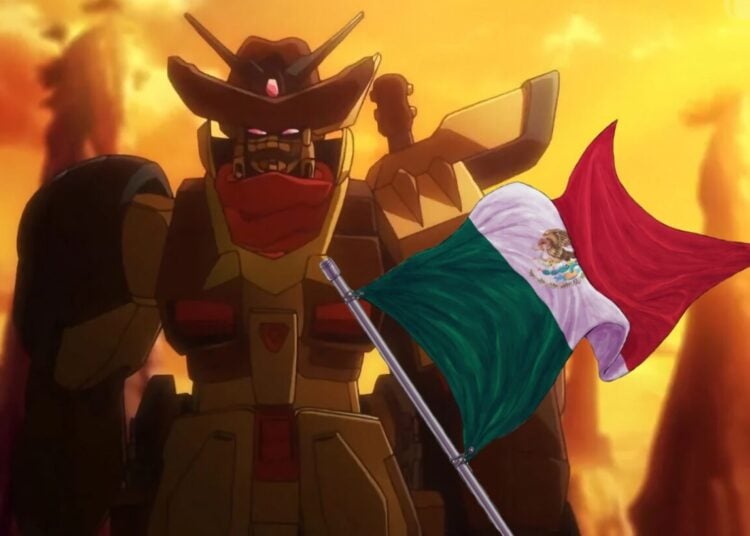The Japanese language is based on kanji characters in much the same way that Western languages draw from ancient Latin and Greek. Because kanji can be combined to make new compound meanings easily, it’s common for some interesting words to be created. If you want to fly in a plane to America, you could use clunky language like hikoki de America ni ikimasu, or you could use the shorter, more poetic word 渡米する tobei suru, made with the characters for “cross” and “rice” (rice being the kanji arbitrarily assigned to the United States during the early Meiji Period). If a representative of the Japanese government makes an official visit to Europe, the word used might be 訪欧 houou (hoh-oh), made up of “visit” and the character for Europe. (You could also have 訪仏 houfutsu “to visit France” or 渡英 cross to England.”) Another word I always thought was cool was 上京する jokyo suru, written with characters meaning “to climb up to the capital,” a cool way of saying coming to Tokyo (or Kyoto, if in a past era) to find one’s fortune. Whenever you read the biographies of famous actors, there’ll be a note about what year they came to Tokyo from wherever they’re from, which uses this word. 
Onii-chan, No! When Translators Don’t Follow Japanese Naming Conventions
How do you feel when you're watching anime and a character uses an honorific like "Onii-chan," but the subtitles use...














